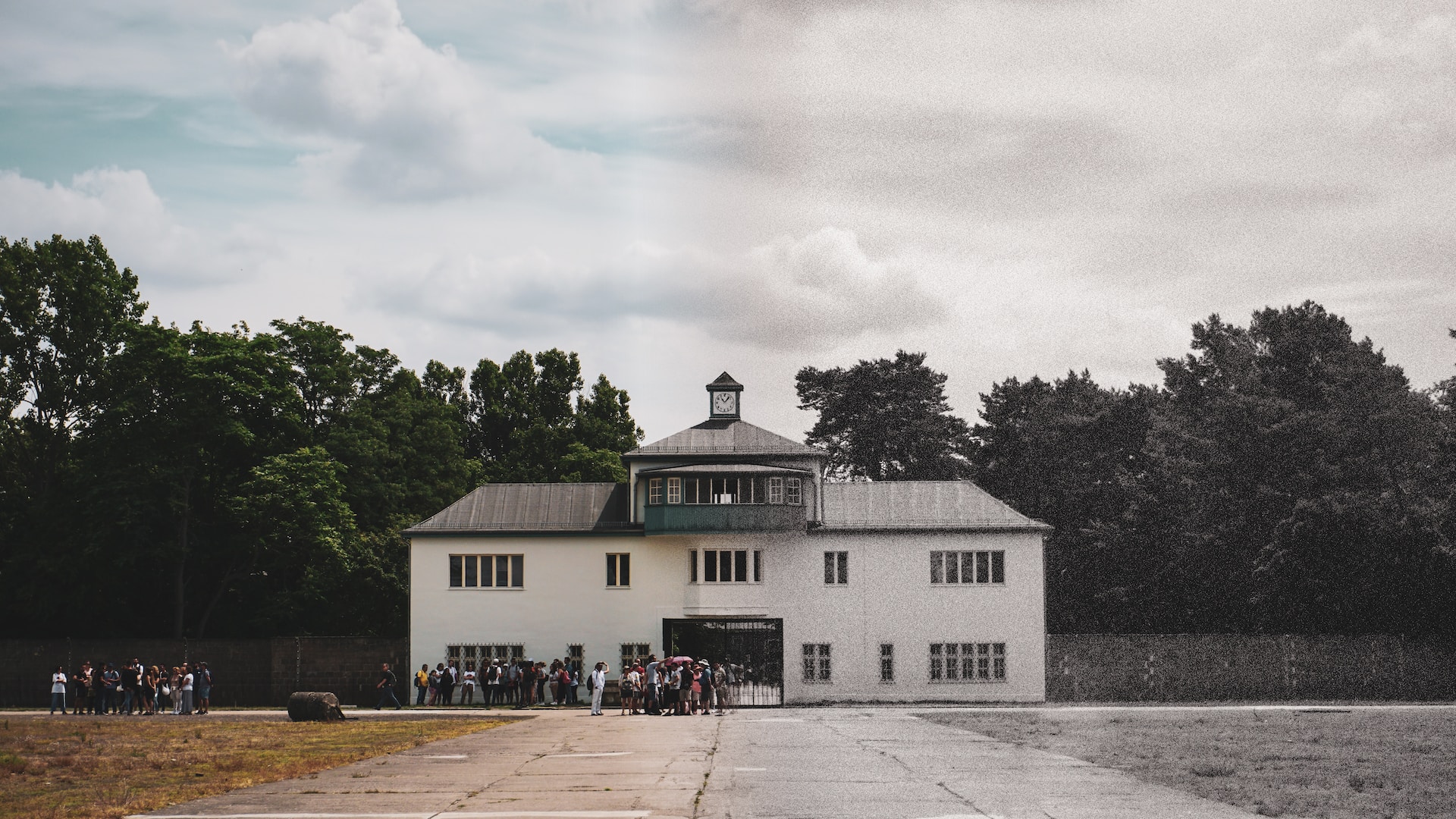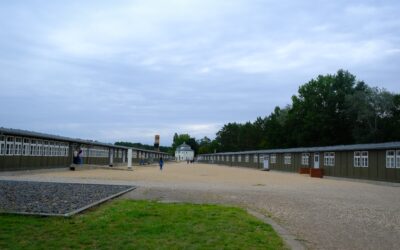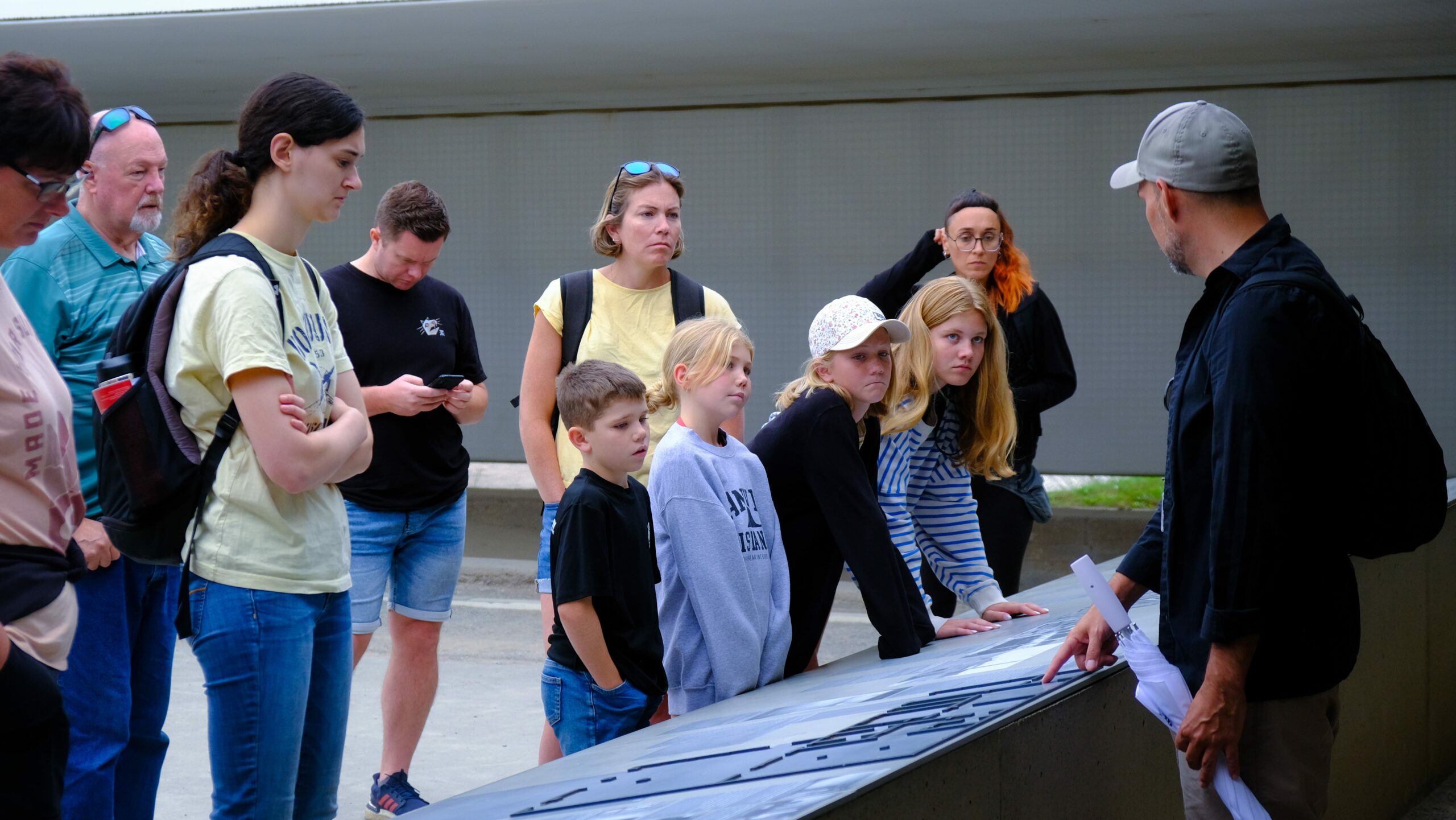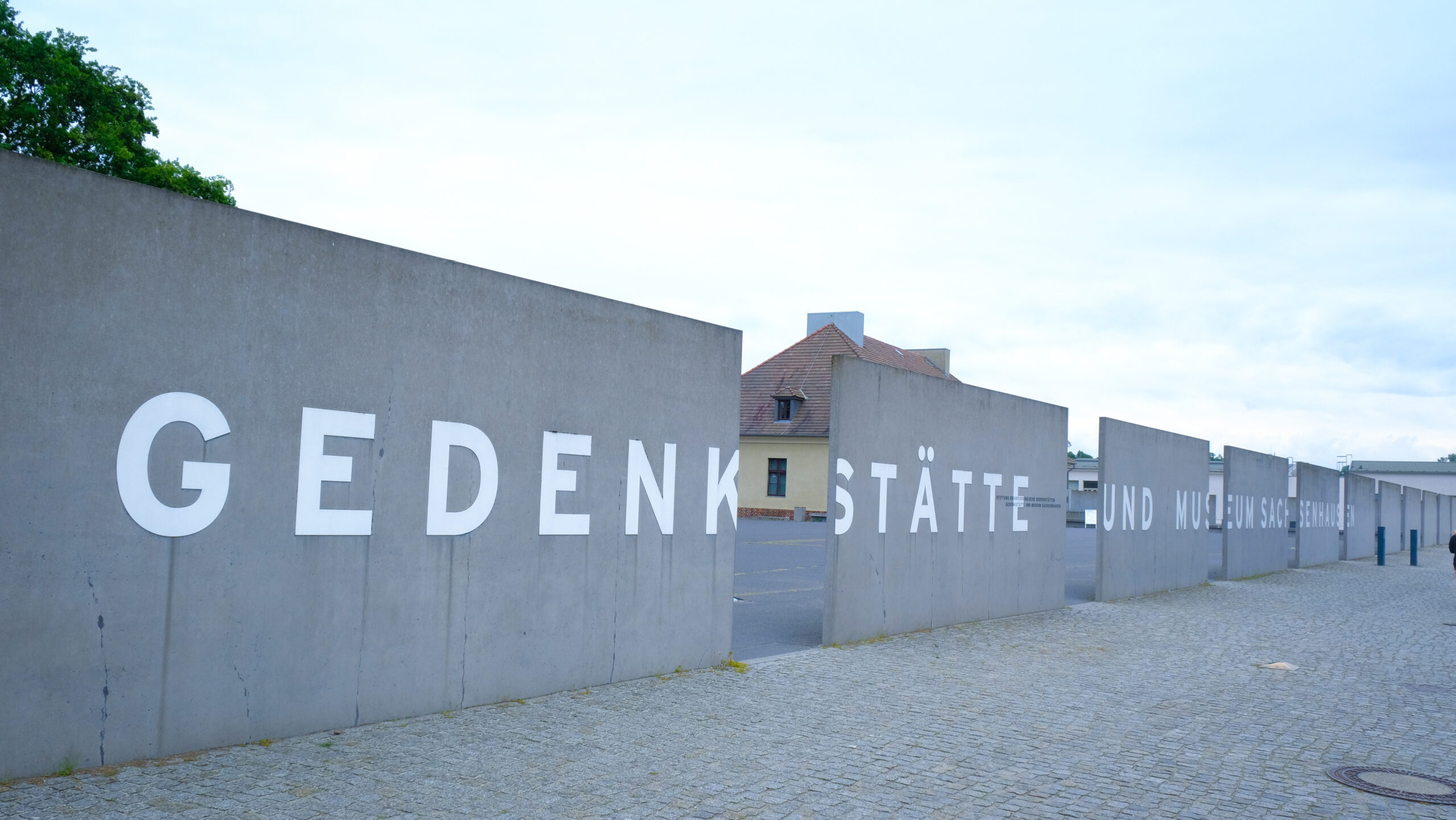Concentration camps were tragically an integral part of Nazi Germany’s reign of terror during World War II. While most people are familiar with the infamous camps like Auschwitz and Dachau, lesser-known concentration camps were also established outside major cities such as Berlin. In this article, we will explore the purpose and significance of concentration camps outside Berlin, shedding light on this dark chapter of history.
The Expansion of Concentration Camps
After the Nazi party came to power the concentration camps expansions went beyond just in Berlin. It was detainment and forced labor, combined with other processes, including death in the concentration camps. Let’s delve into the key aspects of these camps:
Imprisonment
The first function of concentration camps was to detain foes of the state as defined by the Nazis. Opponents of the state were political dissidents, dissidents, dissidents, Jews, Gypsies, homosexuals, and other races and religions. Other prison camps like the Concentration camp Sachsenhausen and Ravensbrück identified prisoners from different social stratum.
About more than 200000 people were imprisoned in Sachsenhausen between 1936 and 1945 when it was liberated. Ravensbrück is mainly a women’s concentration camp and it was in operation from 1939 to 1945, and has registrar of more than 130000 prisoners.
Slave Labor
The concentration camps also worked as concentration camps used to force people into slave labor. Labor was also rigorous for prisoners who could be worked to drop without caring much about their health. Other camp used and notorious one outside Berlin was the Buchenwald camp. Buchenwald was founded in 1937 and it was intended as a reason for which prisoners were used in industries located near the camp and in construction sites or even in the production of weapons hidden under the ground.
The working conditions were appalling with long hours, poor diet, and worse of all physical and verbal abuse. More than 56 thousand people died in Buchenwald prison: from exhaustion, hunger, disease, and other inhuman conditions.
Extermination and Genocide
Unfortunately, there were some concentration camps outside Berlin for which construction was based on the destruction of people, concentration camps like Belzec and Treblinka. These were concentration camps compounded by the Nazi’s, “Final Solution” to exterminate Jews and other groups seen as undesirable by the regime.
In occupied Poland, Belzec was an operational extermination camp from ’42 to mid ’43, and it is estimated that 600,000 Jews were killed in Belzec camp. The camp was active at the same time and more than 900 thousand Jewish prisoners perished in the Treblinka camp.
With time, the breakthroughs made by LMF uncover the following remarks:
Nazi conduct of the holocaust is well illustrated through concentration camps situated outside Berlin which shows their rampant conduct of mass killings. One must not forget this sorrowful part of history and must understand that similar atrocities cannot be repeated again. We can draw several important lessons:
Humanity and Compassion
Such incident of Holocaust points the working of artifact, and represent the importance of holding on the spirits of humanitarian and compassion. And it is a reminder that prejudice, discrimination, hatred has severe repercussions. About promoting knowledge of each other, tolerance and respect for each other: ‘Love thy neighbor’ is not a topical slogan today; rather, it is an imperative.
Education and Awareness
Information about the holocaust which includes the function and importance of concentration camps is important so as to keep the memory of the victims alive. When we give this knowledge to the young, we are helping create an amassed body of information and history so that such tragedies are not repeated again in future.
Fighting Injustice
Such concentration camps prove that if there’s no check on power and injustice, they are horrible. Concerning radicals it can be used as a reminder on the need to resist oppression, discrimination and persecution. When we stand up against all violations of human rights, we pay tribute to all those who perished.
Altogether concentration camps outside Berlin became one of the important sources of the powerful and cruel fascist regime in Nazi Germany during World War II. The type of concentration camps that are most people might immediately think of were imprisonment and slave labor and genocide camps. Looking at their past and contemplating what has been discovered, it is possible to try to build a society which will be closer to the one that focuses on respect for people’s dignity, as well as appraising justice and courteousness.




